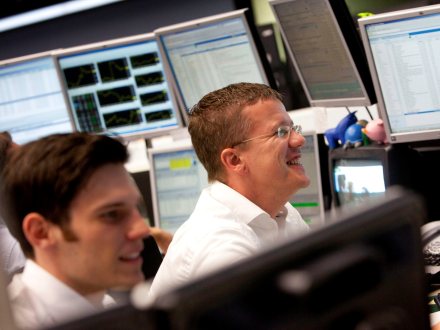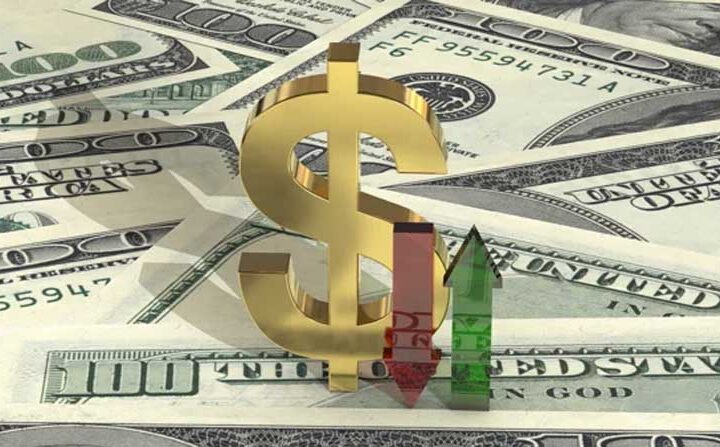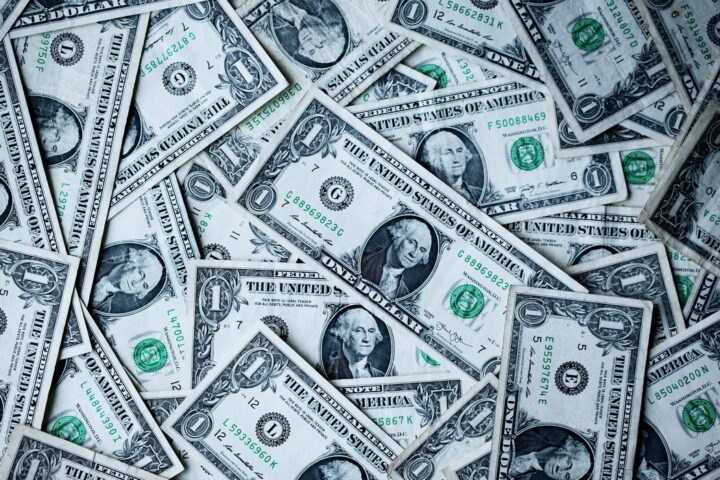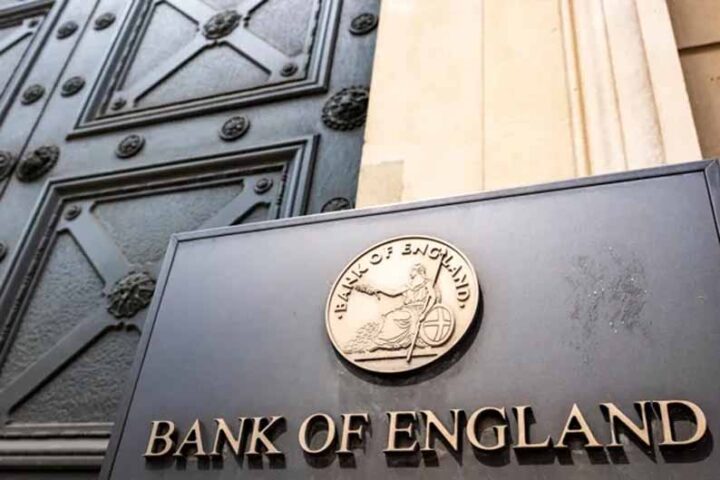By Hussein Sayed, Chief Market Strategist at FXTM
Risk-on sentiment has returned once again with Wall Street leading a significant rally on Wednesday. The Dow Jones Industrial Average soared 4.5% to close above 27,000. The S&P 500 and Nasdaq Composite also climbed 4.2% and 3.8%, respectively. All three major US indices are now out of correction territory and the key question investors are now asking is whether this rally has further room to go.
Investors need to know that extreme volatility has become the new norm. We may continue to see daily moves of 2% to 4% in either direction until the dust settles. However, Wednesday’s surge in equities was supported by several factors:
- US Presidential candidate, Joe Biden, performed strongly in the Super Tuesday Democratic party’s primaries. He is considered as the most market-friendly candidate compared to his opponents, Bernie Sanders and Elizabeth Warren. That has been evident in the rally of the healthcare sector, which climbed 5.9%.
- The US Congress approved a bipartisan $8.3 bln emergency funding bill to tackle the coronavirus crisis. Part of this funding will go to research and development of vaccines, therapeutics and diagnostics.
- The IMF unveiled a $50 bln package of emergency financing for developing countries hit by the virus.
- The Bank of Canada followed in the Fed’s footsteps by reducing its benchmark rate by 50 basis points.
- The US services sector activity accelerated to a one-year high last month, suggesting strength in this part of the economy, despite the coronavirus outbreak.
While all these factors encouraged risk-taking, the higher moves in stocks may prove to be temporary.
When looking at other asset classes such as bonds and currencies, they do not reflect the same enthusiasm we’ve seen in stocks. The safe-haven Yen remained near its 5-months high against the USD. Meanwhile, yields on US 10-year treasury bonds are barely trading above 1%.
The number of people infected by the coronavirus is likely to increase rapidly over the next couple of weeks and by the weekend, it’s expected to hit more than 100,000 worldwide, a headline that would have a negative impact on investor sentiment. More people will be sent to work from home, schools will continue to close and more events will be cancelled.
The panic mode is clearly evident when you go to grocery stores and find many shelves empty. This is not just in Asia, but across Europe, US and Australasia. Consumers are stocking up as they prepare for the worst. Such behaviour will start appearing in economic data this month and hence on asset prices further out.
We still don’t know the full impact on corporate earnings for 2020 and US companies will be lucky if they achieve zero earnings growth. That’s yet to be priced in by equity markets, but the shape of the recovery is essential for the next move. Whether it’s a V, W, or U-shaped recovery is still unknown.
It all depends on when this health crisis will be solved and until we get there, expect monetary and fiscal stimulus to only have little impact on asset prices.
For information, disclaimer and risk warning note visit FXTM
FXTM Brand: ForexTime Limited is regulated by CySEC and licensed by the SA FSCA. Forextime UK Limited is authorised and regulated by the FCA, and Exinity Limited is regulated by the Financial Services Commission of Mauritius










